I've tested the best graphics cards and CPUs of the year, and yet it's this affordable, unassuming little gaming laptop that captured my heart in 2024
The Asus TUF A14 is a surprising, delightful little laptop I did not expect to love so much.
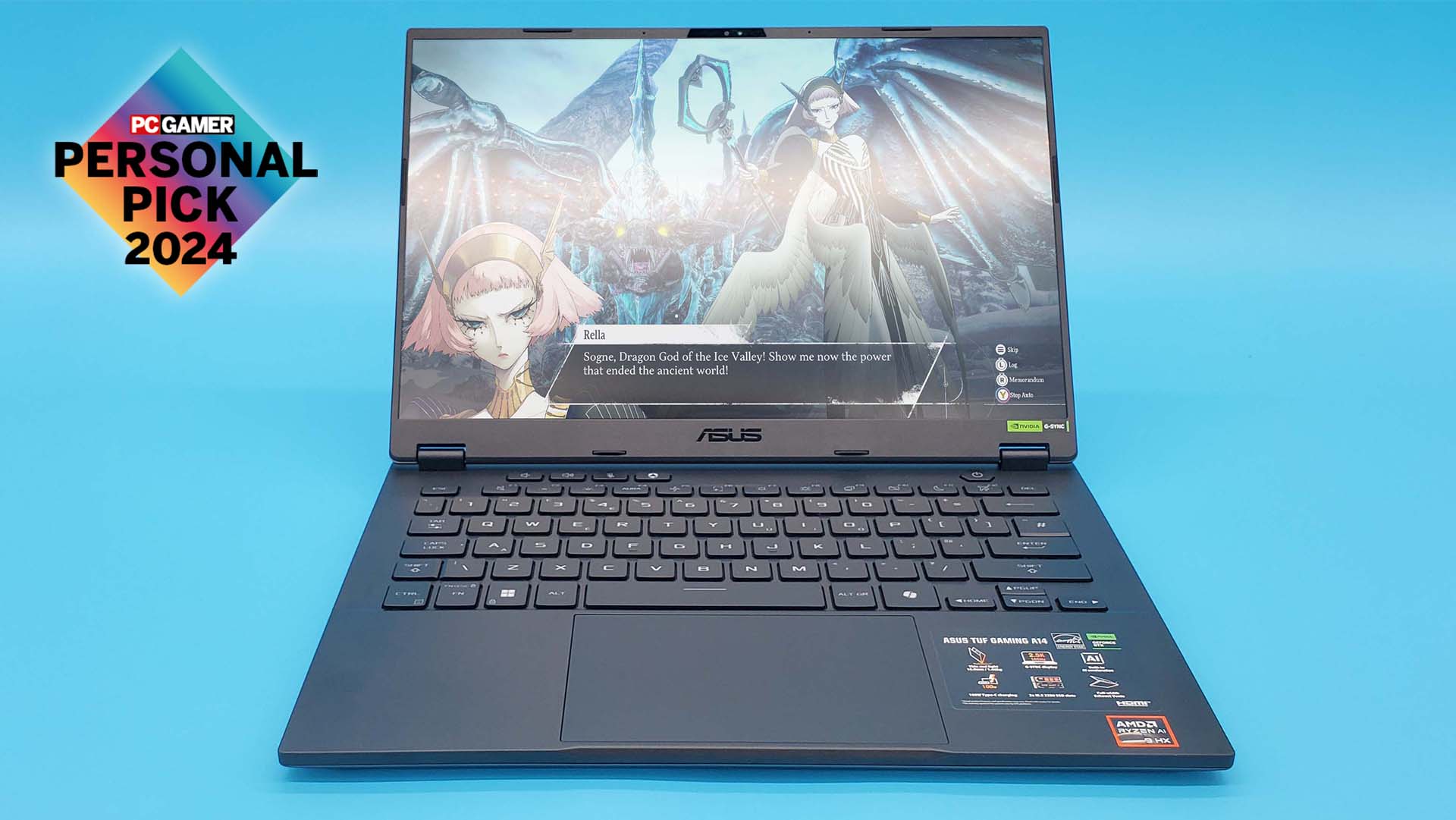

Check out more of the year's best tech in our PC Gamer Hardware Awards 2024 coverage.
I've looked at a lot of new PC gaming tech this year. Looking at my Steam Replay listing, far more than I've consistently played new games, that's for sure. From the RTX 40-series refresh in January, to the first proper modular gaming laptop, weird handhelds, ace gaming CPUs, and funky laptops, I've dabbled in every facet of the industry.
Which is why I'm still doing this twenty years after I took my first faltering steps as a PC technology journalist; there's always some new toy to play with.
But when it actually came to sitting down and thinking about what's been my pick of all the gear I've had my hands on this year, what's been the thing that either surprised or pleased me the most, well, that's been tougher than I really expected. Somewhat strangely, what I've landed on is not the thing which I've scored the highest, and yet it's the thing I've had the most lingering affection for.
The Asus TUF A14 continues my trend of getting all excited about wee 14-inch gaming laptops, but it also leans into my frugal nature, too, being part of the Taiwanese giant's more affordable brand. It's a 14-inch gaming laptop I was expecting to be fine but mostly unexciting. Sure, the AMD Strix Point spec is grand—the same as in our overall pick as the current best gaming laptop—but the TUF lappies have long been the frumpy cousins to the supermodel stylings of the ROG Zephyrus machines.
We've been giddy over the gorgeous ROG Zephyrus G14 and Zephyrus G16 designs launched at CES way back at the start of this year, and I wasn't expecting to see the same design notes being present when I pulled the TUF A14 out of its unassuming box and protective sleeving.
But it's a delightfully slim little laptop, and one that is far more restrained than I've ever seen from the traditionally very 'gamer' TUF range of laptops. That, admittedly, is still evident when you flip open the lid and are greeted by the angular Asus font on the keyboard. That's something I still find pretty damned ugly, but is really the only nod to that more aggressive styling we've become used to from standard Asus gear. Though that is obviously changing.
This is very much a proper gaming laptop—it has a 100 W RTX 4060 inside that slimline chassis after all—but one that also isn't going to look out of place in a seminar, workshop, or team meeting. There is naught but a faded 'TUF' logo in one corner of the lid and that's it for outward adornments.
The biggest gaming news, reviews and hardware deals
Keep up to date with the most important stories and the best deals, as picked by the PC Gamer team.
The super slim bezel of the 1600p screen makes the display a joy, too, and at 165 Hz it's plenty fast enough for any gaming enterprise. The RTX 4060 might be a tough match for that full resolution, however, but with the tight pixel pitch of a high-res 14-inch panel, knocking games back down to 1200p or flipping the upscaling switcheroo, you're not going to experience the slight blurring you can get on larger screens.
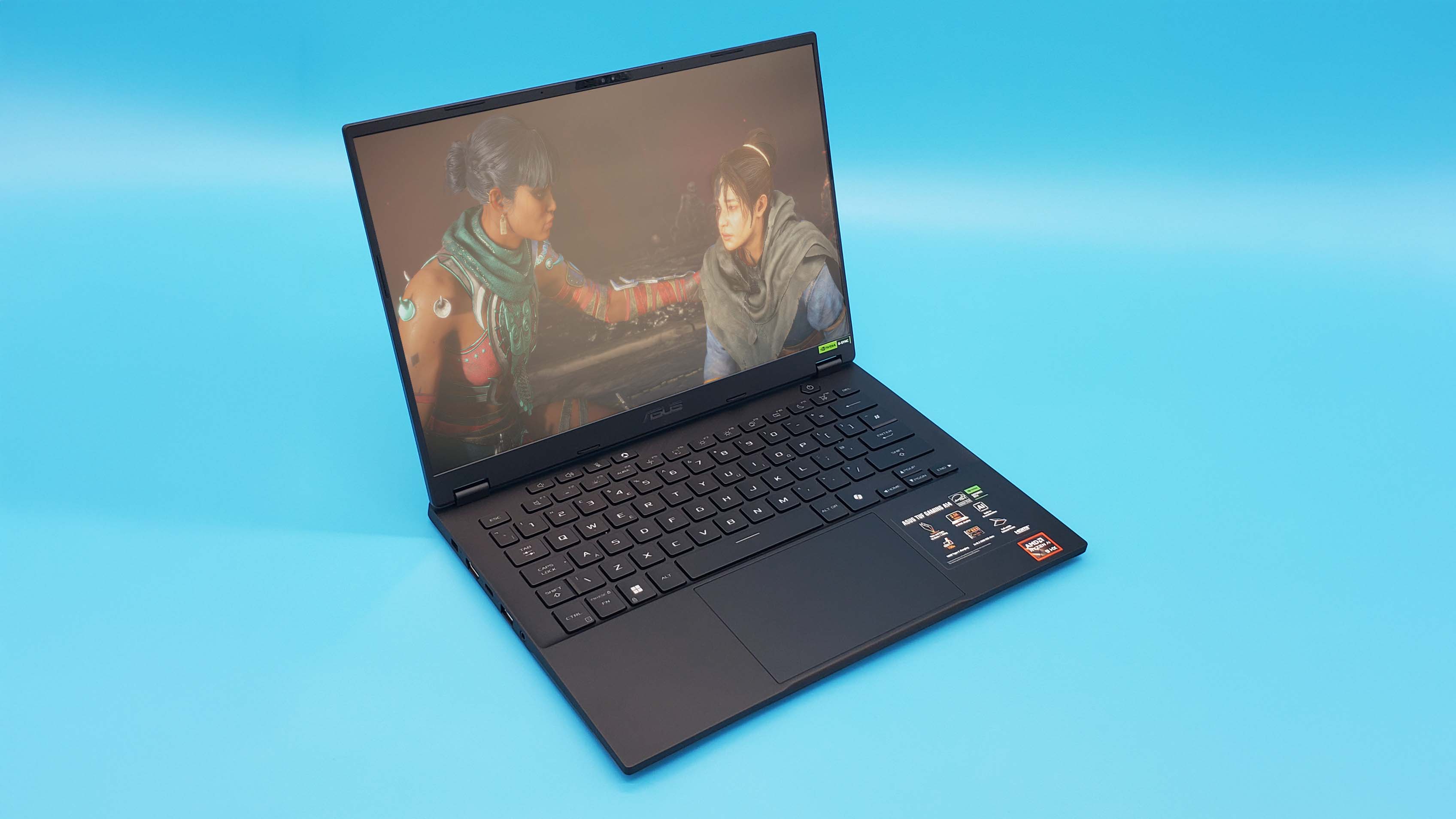
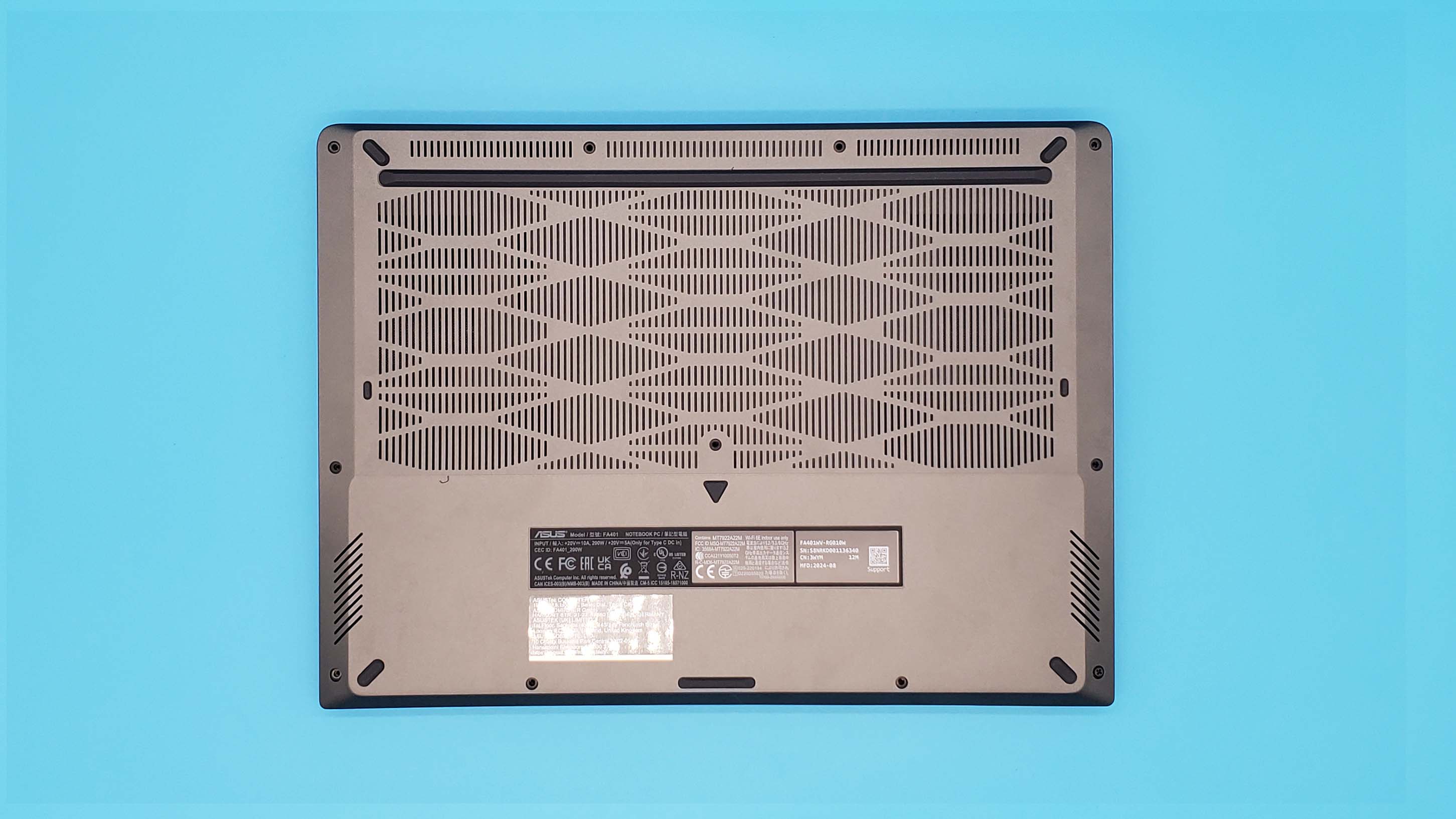
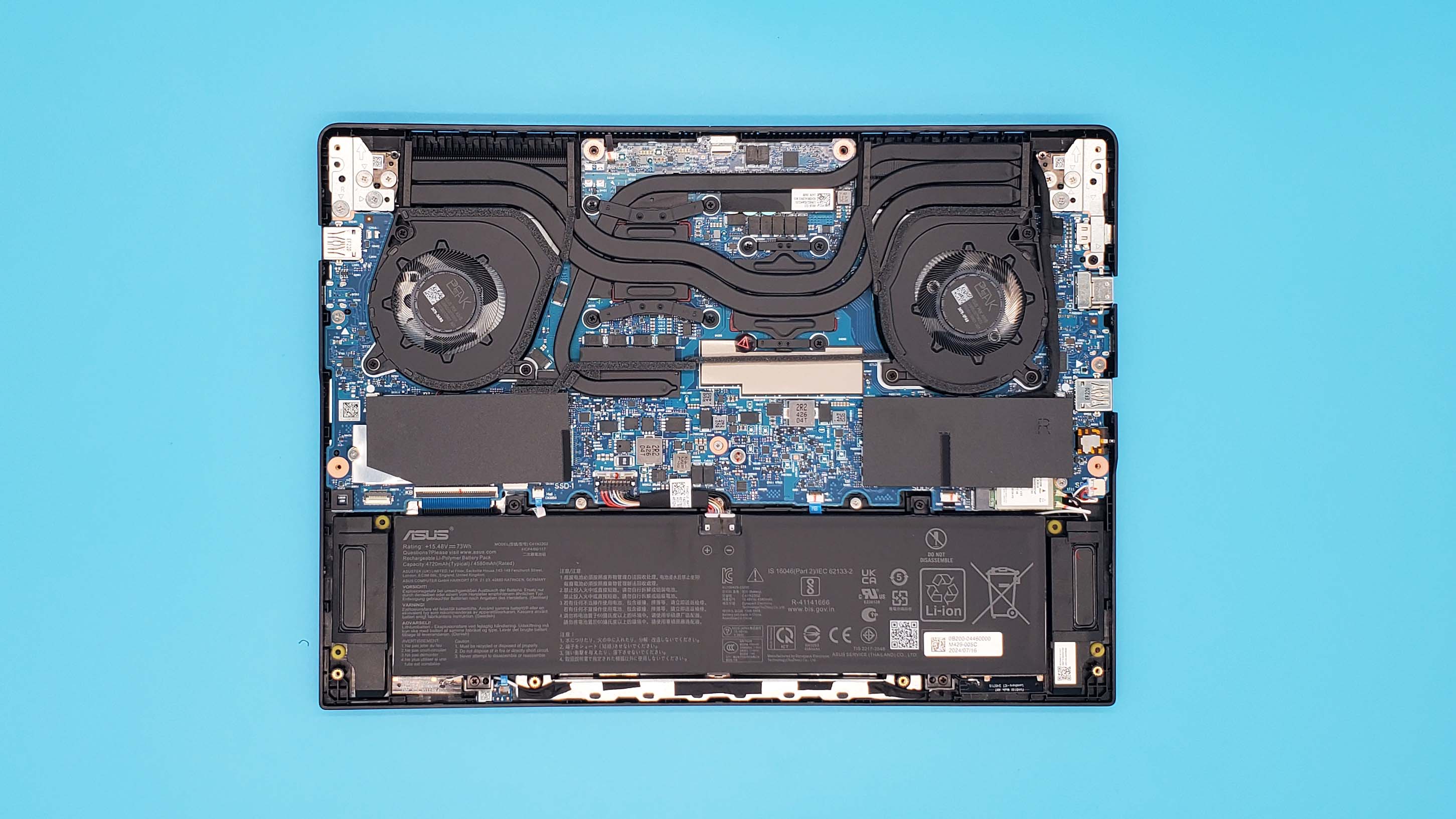
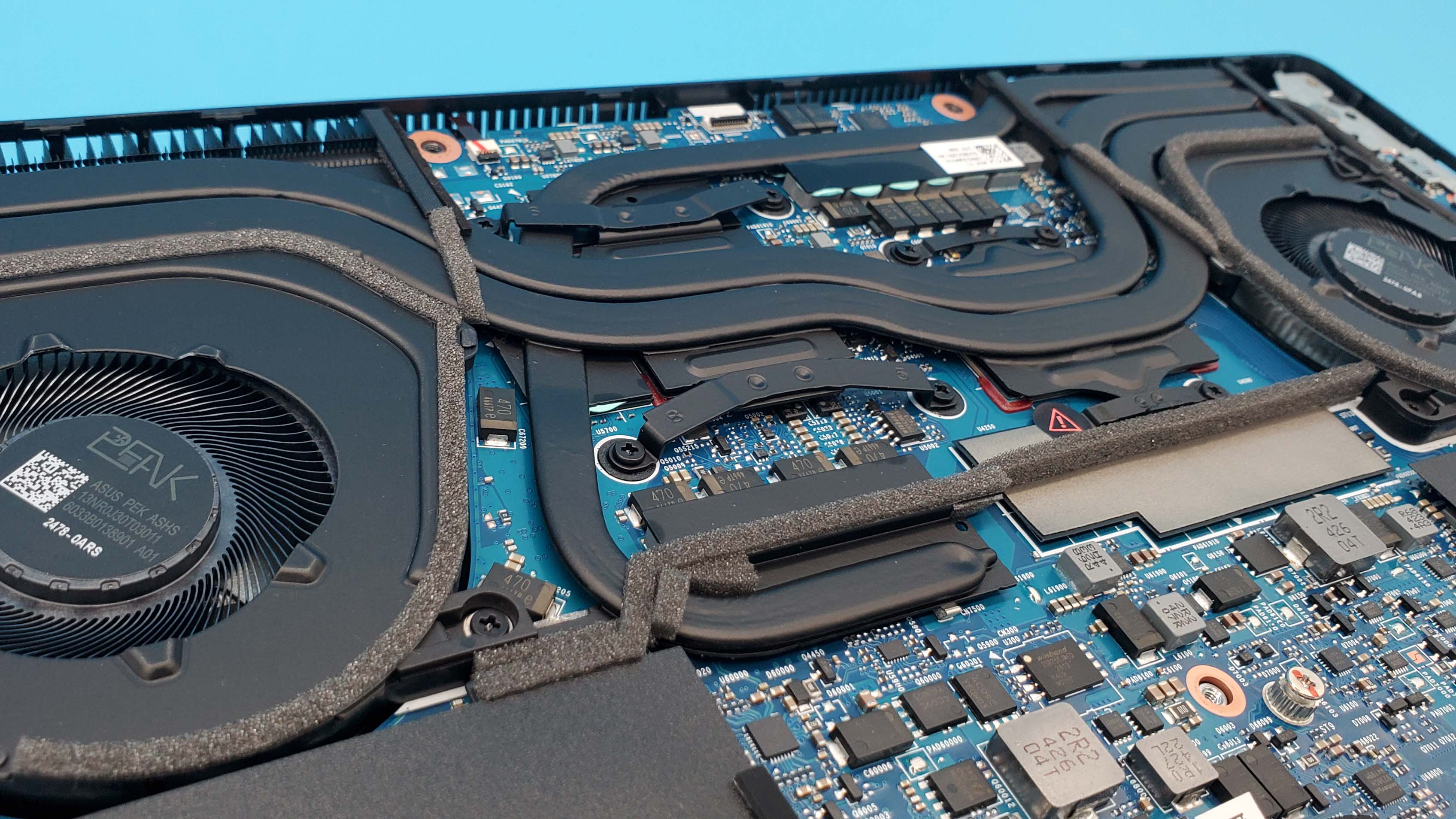
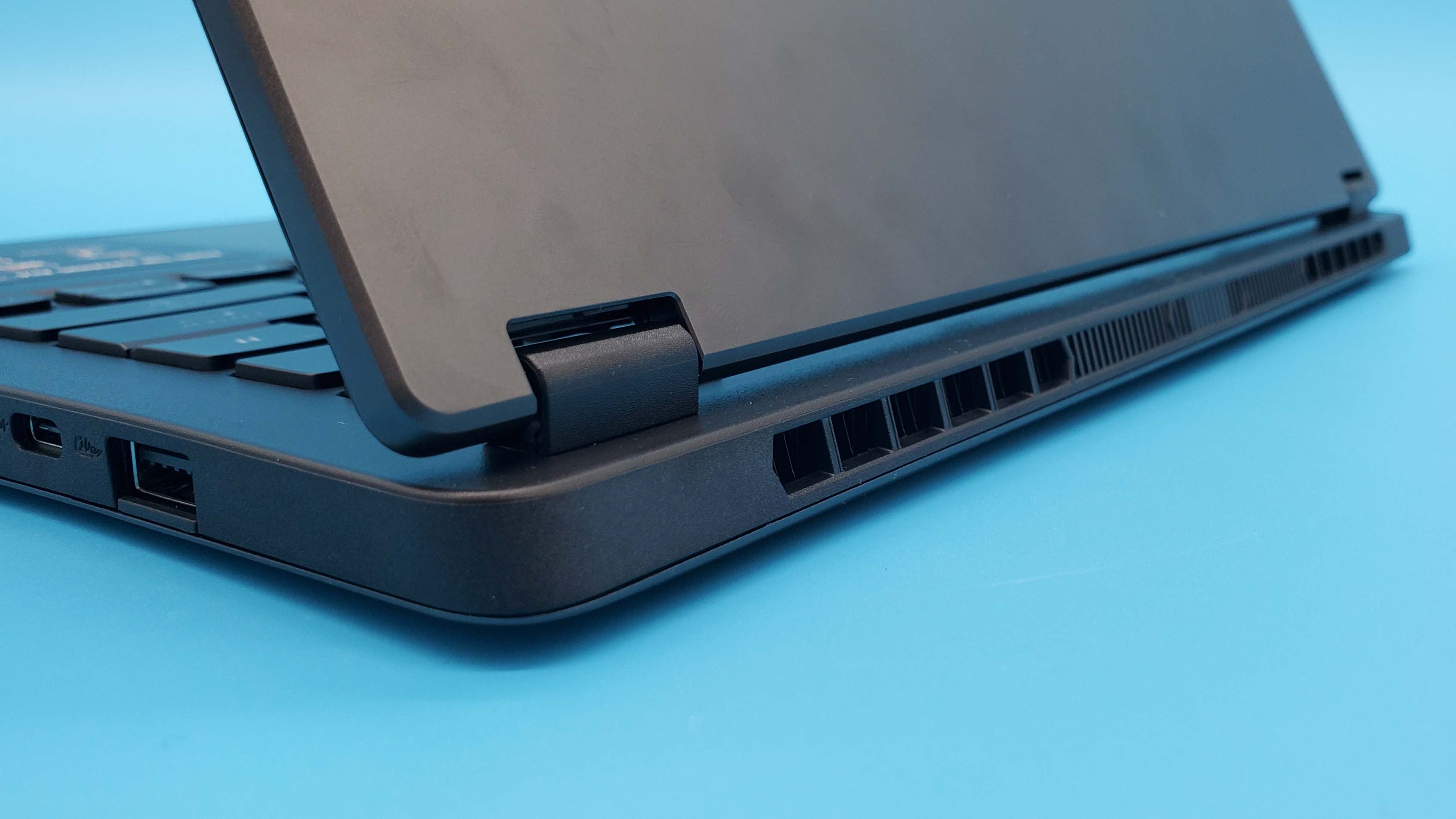
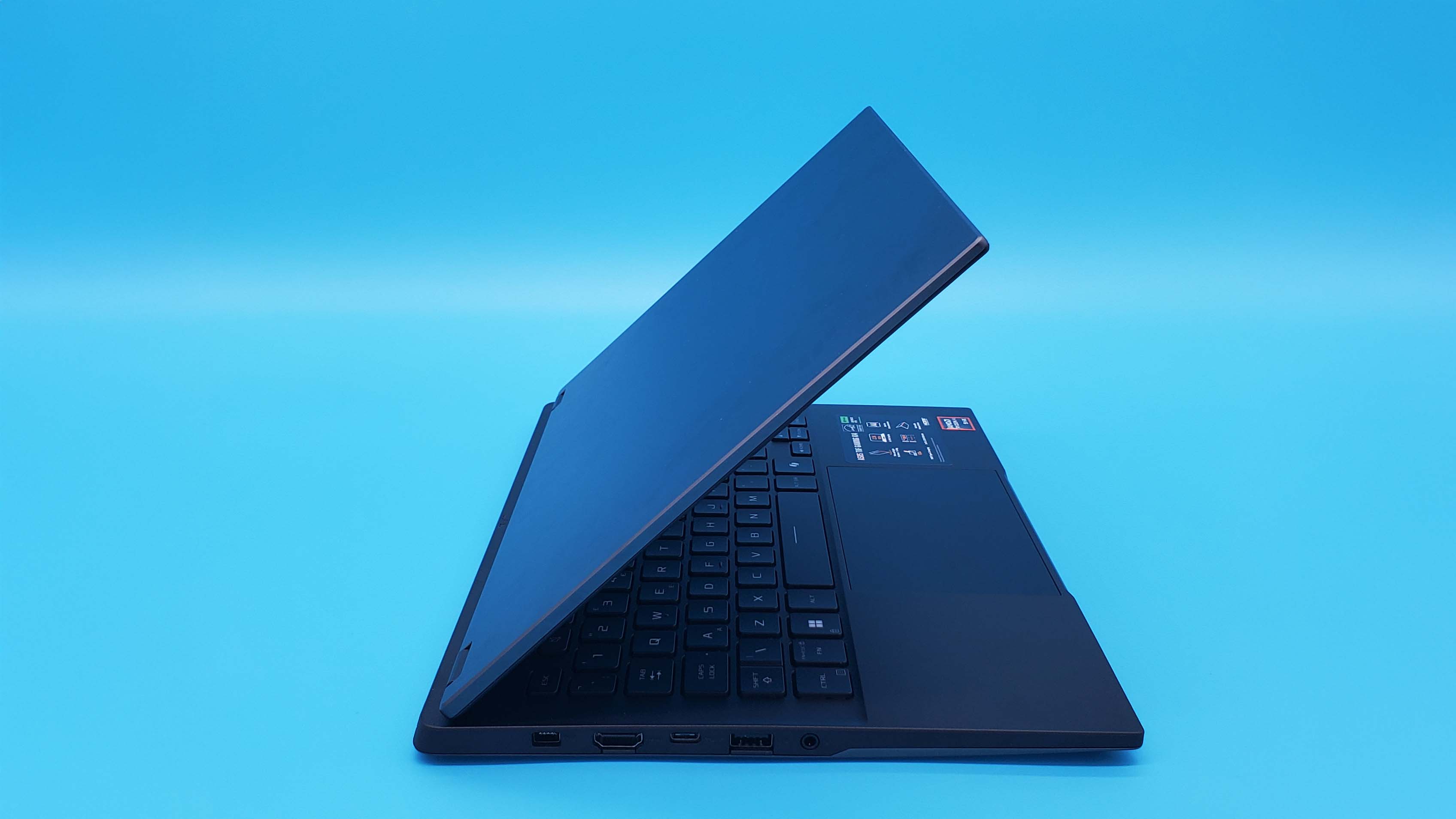
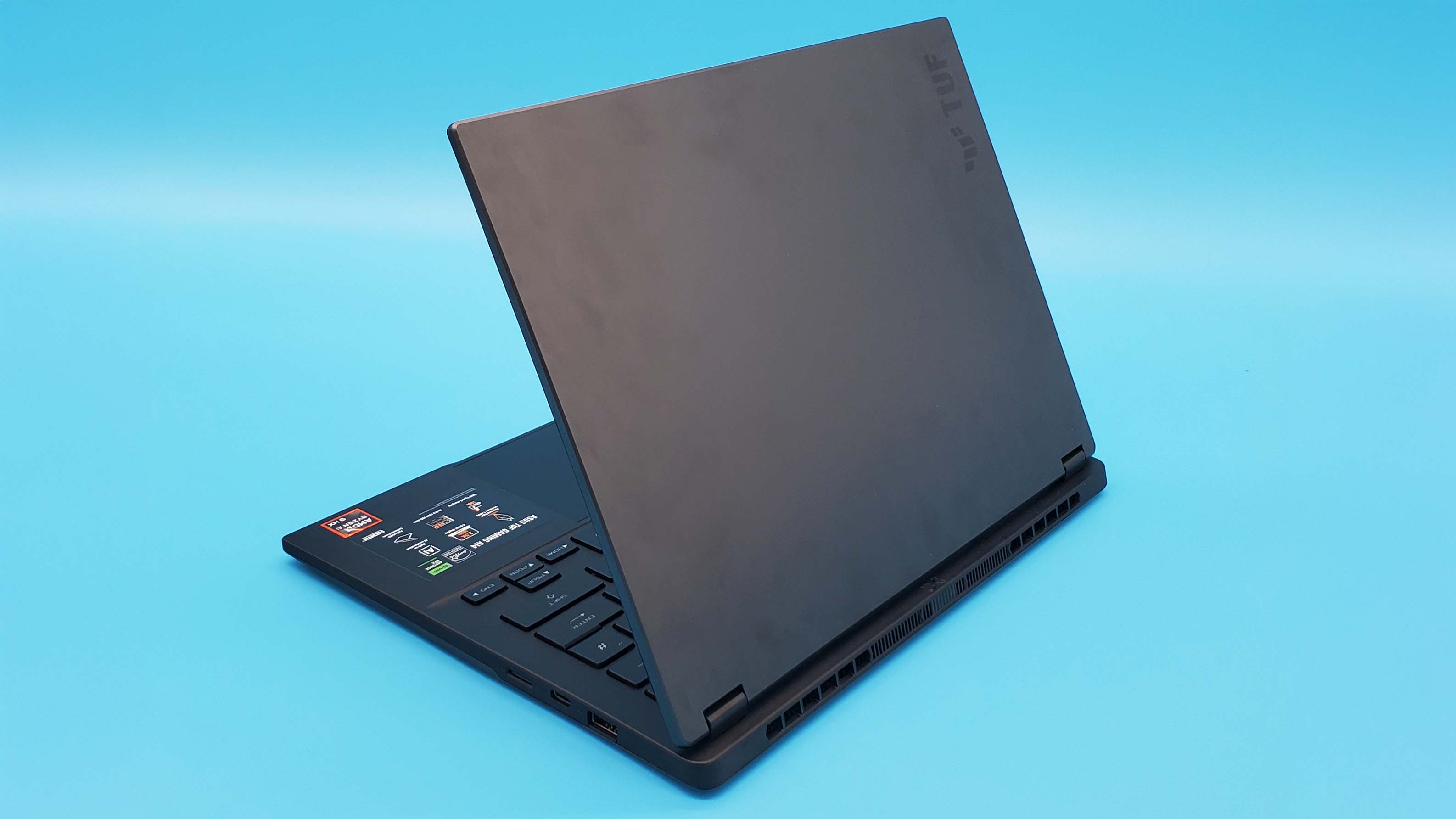
For me, it's going to be a tough call on which laptop I take with me on my travels to CES in January, because the Ryzen AI HX 370 is a great, efficient chip in its own right—and capable of decent gaming performance away from the plug, which the RTX 4060 kinda isn't. But the other contender is the first Qualcomm Snapdragon X Elite machine I've ever used in anger, the Samsung Galaxy Book4 Edge.
That's something else which has impressed me this year, especially having spent six months using it as my work lappy. I've not experienced any real compatibility issues and haven't modified what I do because it's not an x86 machine. It's coped with everything but a severely tab-heavy Chrome load, at which point it falls to its knees and cries 'uncle!'
I've also loved the Ryzen 7 9800X3D, but really it's more iterative than innovative considering AMD's 3D V-cache passim, so I would struggle to give that my pick of the year. Especially as I would have given the CPU nod to the Ryzen 7 7800X3D on my last go around the fiery orb.
But still, it's this lovely little slab of affordable, unassuming gaming tech that has my heart in 2024.
I am, however, hoping that I get to give the 2025 edition of this award to one fantastic graphics card from the slew of new GPUs set to land in our desktops from Nvidia, Intel, and AMD throughout the new year. C'mon, graphics peops, wow me. I'm done with mostly iterative, just a bit better, just a bit more expensive graphics silicon. I want something really new and exciting.
If you want to find out who won the PC Gamer Hardware Awards, we'll be publishing the winners on New Year's Day.

Dave has been gaming since the days of Zaxxon and Lady Bug on the Colecovision, and code books for the Commodore Vic 20 (Death Race 2000!). He built his first gaming PC at the tender age of 16, and finally finished bug-fixing the Cyrix-based system around a year later. When he dropped it out of the window. He first started writing for Official PlayStation Magazine and Xbox World many decades ago, then moved onto PC Format full-time, then PC Gamer, TechRadar, and T3 among others. Now he's back, writing about the nightmarish graphics card market, CPUs with more cores than sense, gaming laptops hotter than the sun, and SSDs more capacious than a Cybertruck.

